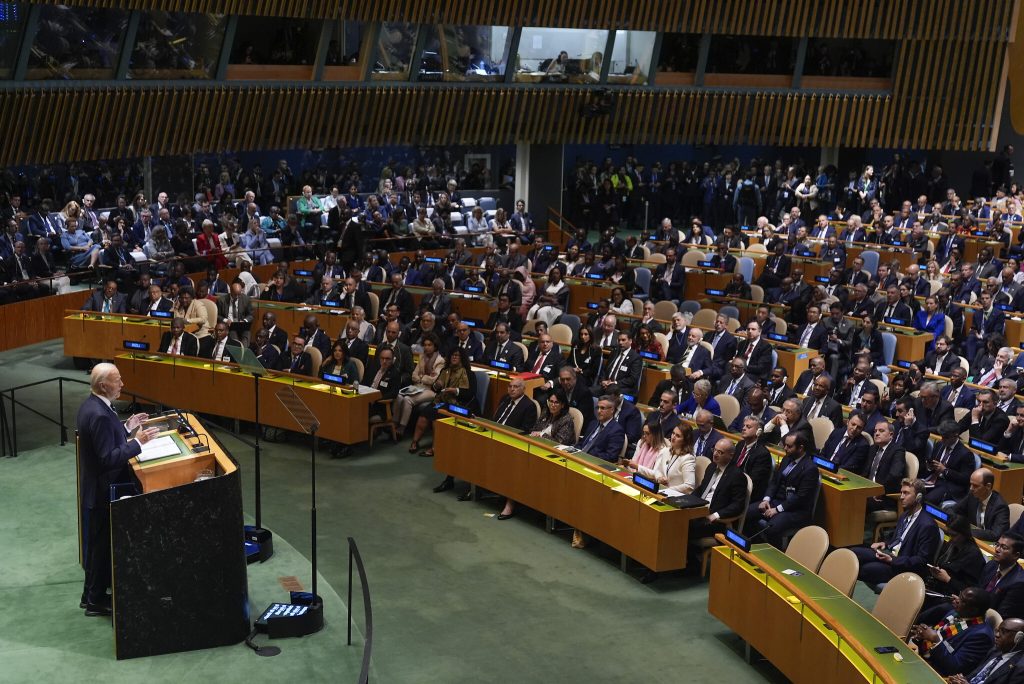The United Nations General Assembly has overwhelmingly passed a resolution calling for Israel to withdraw from occupied Palestinian territories and urging the creation of a Palestinian state.
With 157 votes in favour, eight against—including the United States and Israel—and seven abstentions, the Assembly reiterated its unwavering support for a two-state solution based on pre-1967 borders.
The resolution includes plans for a high-level international peace conference in June 2025, co-chaired by France and Saudi Arabia, aimed at reviving stalled diplomatic efforts.
The resolution reaffirms the inalienable rights of the Palestinian people, particularly their right to self-determination and statehood.

Palestinian envoy Riyad Mansour framed the issue as a critical test for the UN’s credibility:
“The question of Palestine has been on the UN agenda since the inception of the organization and remains the most critical test to its credibility and authority and to the very existence of an international law-based order.”
The UN regards the West Bank, East Jerusalem, and Gaza as unlawfully occupied territories. Although Israel withdrew troops and settlements from Gaza in 2005, it is still considered the occupying power due to its overwhelming control over the territory.
Citing rulings from the International Court of Justice, the resolution calls for an end to Israel’s unlawful presence in occupied territories, and a halt to all new settlement activity.
The resolution harks back to the UN’s 1947 decision to partition British-ruled Palestine into separate Arab and Jewish states. While Israel was established in 1948, a Palestinian state has yet to materialise, leaving decades of unresolved conflict.
The planned 2025 conference, to be held in New York, is seen as a renewed attempt to bring both parties back to the negotiating table. However, with key players like the United States and Israel opposing the resolution, the path to a two-state solution remains fraught with challenges.


